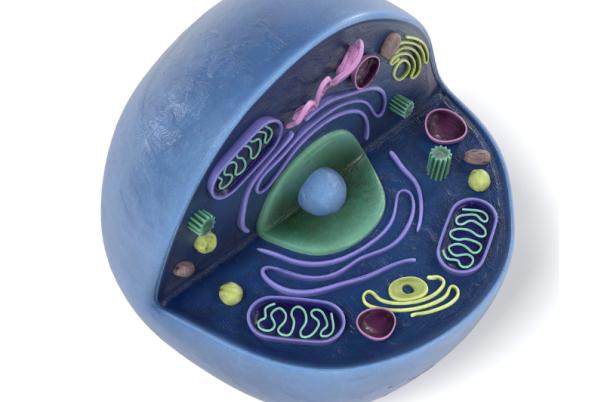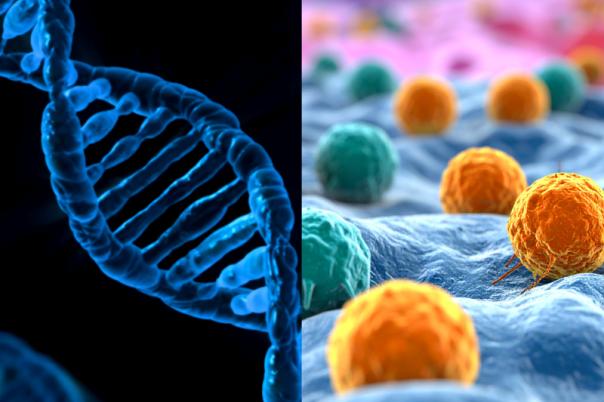Scientists at Oregon State University have developed a breakthrough drug delivery system to transport gene therapies directly to the lungs. The system could open up the doors to new classes of drugs for patients with respiratory diseases like lung cancer or cystic fibrosis. The research was conducted by Oregon State’s College of Pharmacy in collaboration with Oregon Health & Science University and the University of Helsinki.
The technology, published in Nature Communications and the Journal of the American Chemical Society, uses nanoparticles to deliver messenger RNA and gene editing tools like CRISPR-Cas9 to the lungs. The nanoparticles are made from ionizable lipopolymers that are synthesised by a split-Ugi reaction.
“The streamlined synthesis method makes it easier to design future therapies for a wide range of diseases,” said Gaurav Sahay, who led the research at Oregon State.
“These results demonstrate the power of targeted delivery for genetic medicines. We were able to both activate the immune system to fight cancer and restore function in a genetic lung disease, without harmful side effects.”
The team tested over 150 different materials before landing on the breakthrough system. They tested the delivery system by treating mice with a gene therapy for cystic fibrosis who saw improved lung function. Furthermore, they were able to slow the growth of lung cancer by delivering IL-12 mRNA to the lungs of mice.








